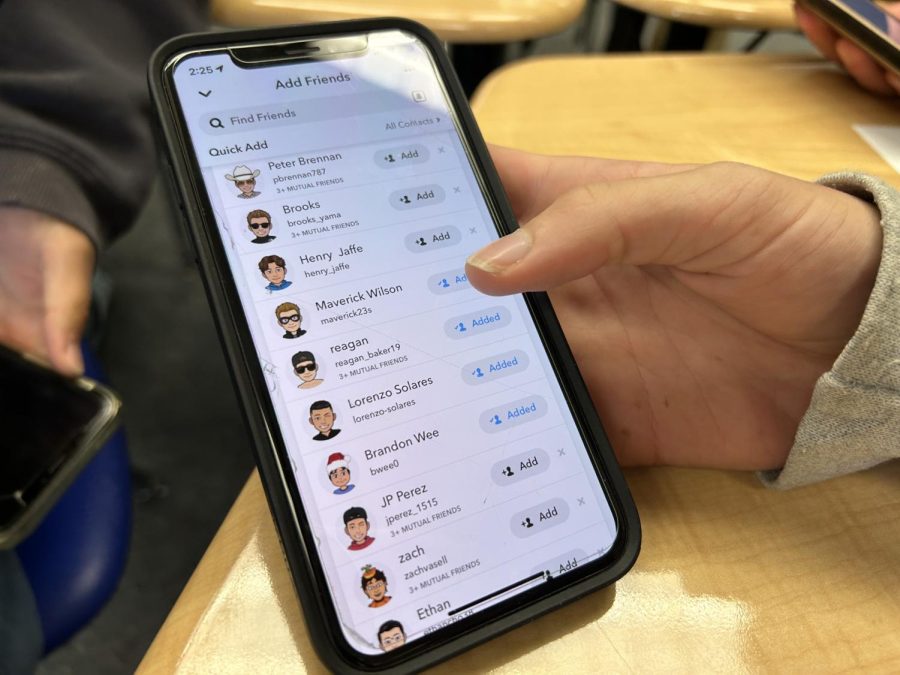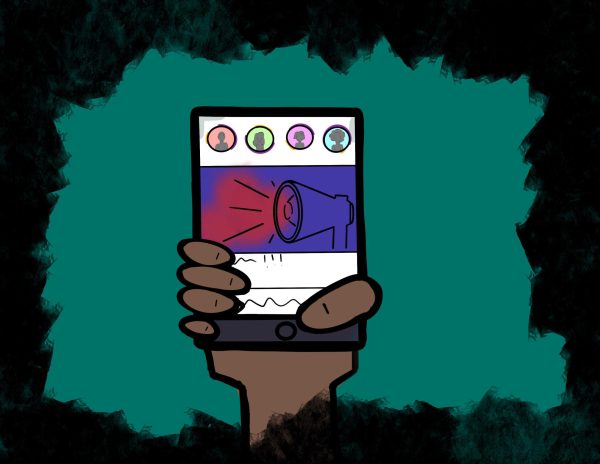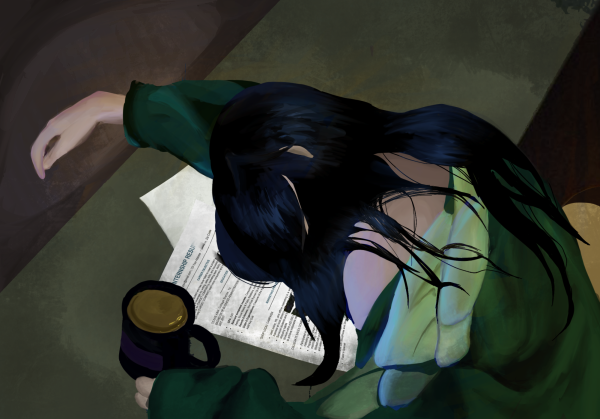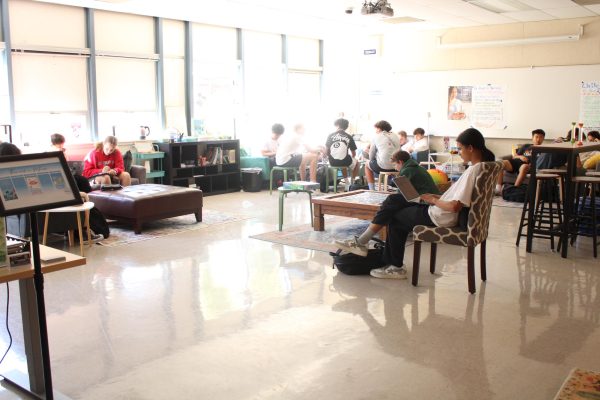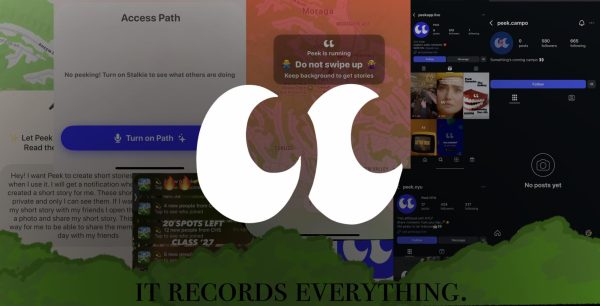Snapchat Dating Disastrous for Teens
Most people at school can tell you: It doesn’t feel nice to be ghosted by someone. Especially on Snapchat, where meeting new people is as easy to do as a tap of a button. The Snapchat “Quick Add” feature allows users to “add” a curated selection of suggested people rapidly and efficiently. While some users may genuinely want to make friends, oftentimes it’s rather an attempt to find a new romantic partner to receive attention from. Many times, users are snapping multiple members of their preferred sex at a time, which has affected the way in which teens date today.
Friends often complain to me about failed “talking stages” where either 1 party ghosts the other, the other person is unlike their online persona, or the other person is uninterested in actually defining their relationship. Other times, nude pictures are circulated around in an attempt to attract a member of the preferred sex. Instances like these can lead to many hurt feelings, awkwardness, and more emotional turmoil than one would expect for a brief online encounter. Experiences like these differ greatly than those our parents went through as teens. In most Netflix rom-coms, relationships start in person and characters typically don’t have 6 other people they’re talking to at once. Compared to the past, teen’s “snapping” habits today are lackluster in comparison. Even though Snapchat can be used for good, its flaws outweigh that greatly.
According to an anonymous freshman, her most recent “talking phase” was largely unsuccessful. After snapping someone for almost half a year, “out of nowhere he said he was too busy with [his sport] so he called it off.” The freshman suspected that they didn’t want to define their relationship yet. “He’d always say we were just [in] a talking stage, even though we [were] more than that,” she said.
Although this could be brushed off as a 1-time thing and he was genuinely busy, this happens far too often to be a coincidence. The anonymous freshman claimed her friends have had similar experiences with people over Snapchat, all being met with excuses of the same nature.
An anonymous junior said she doesn’t like talking stages over Snapchat for similar reasons. “I’d rather just meet somebody in person and form a connection rather than online,” she said. “Emotion doesn’t translate over text… it’s hard to understand [people].”
This may account for the miscommunication between many Snapchat users, and how people may have different ideas about what they’re getting themselves into.
With the rise of TikTok— a popular video sharing app characterized by its short clips and almost endless “For You Page,” attention spans of teenagers have dropped significantly in the past few years, according to a Wall Street Journal report.
With lower attention spans comes an increased desire to fill one’s mind with new stimuli. Like TikTok, there is almost an endless supply of content to occupy oneself with on Snapchat, and it’s easy to talk to multiple people at once.
Some people use technology like this in an ethical way, in order to message friends and family, however some people use this as an opportunity to be able to stop talking to people at a moment’s notice.
While it’s easy to cut people off while hidden behind a screen in favor of placing your attention on a new person, many fail to understand the consequences of their actions. There are few ramifications to these online relationships as you can simply “block” the other person, and be done with it.
“I think [Snapchat’s culture] is very unhealthy and toxic for teenagers,” said the anonymous freshman. “Growing up with so much social media has affected so many teenagers, especially women who feel like they need to show off more than they need to get validation from people.”
Due to this culture, many people think it’s standard or acceptable to send nude pictures of themselves to their peers for attention. Oftentimes people get away with actions like these just because it’s so normalized and people may feel too uncomfortable to ask for help.
The anonymous freshman recalled being harassed with nude pictures from several guys at Campo. In retaliation, she blocked them on the social media platform yet didn’t take up the issue with the school simply because the issue was so common and she didn’t feel it was a big deal. This is extremely problematic. The culture of Snapchat perpetuates the saying, “boys will be boys,” and normalizes sexual harassment and bad behavior to the point where people don’t feel comfortable seeking help.
The anonymous junior had a similar experience while talking with people on Snapchat, and recalls feeling “very violated,” and that it was “an invasion of [her] privacy.”
A survey conducted by Pew revealed that 33% of women under the age of 35 have experienced sexual harrassment online, a number that I’m sure is higher amongst teens.
Experiences made the anonymous freshman feel “terrible about [her]self. But, [she] can’t make that bring [her] down,” she said.
The anonymity the internet brings can lead people to act in bad ways. Whether that be ghosting someone or sending explicit photos, I urge everyone to think before sending something that could potentially hurt someone online. Being on the internet doesn’t mean you can lose your sense of morality, and everyone should be considerate of those on the other side of the screen.
Your donation will support the student journalists of Campolindo High School's The Claw. Your contribution will allow us to produce more issues and cover our annual website hosting costs.

Senior Yasmine Chang spends her free time writing short stories and poetry, drawing on her love of reading and music.
Chang gains inspiration from these...
